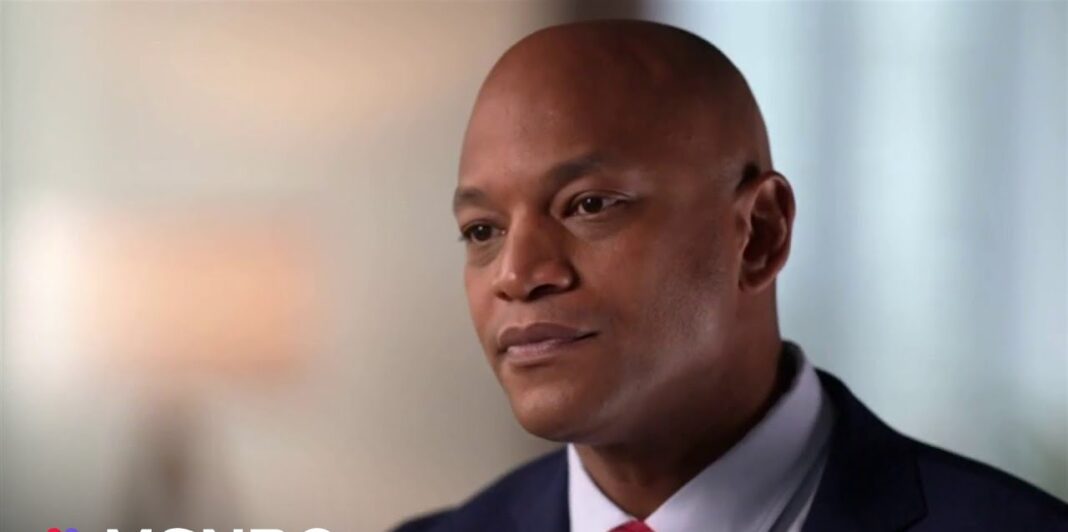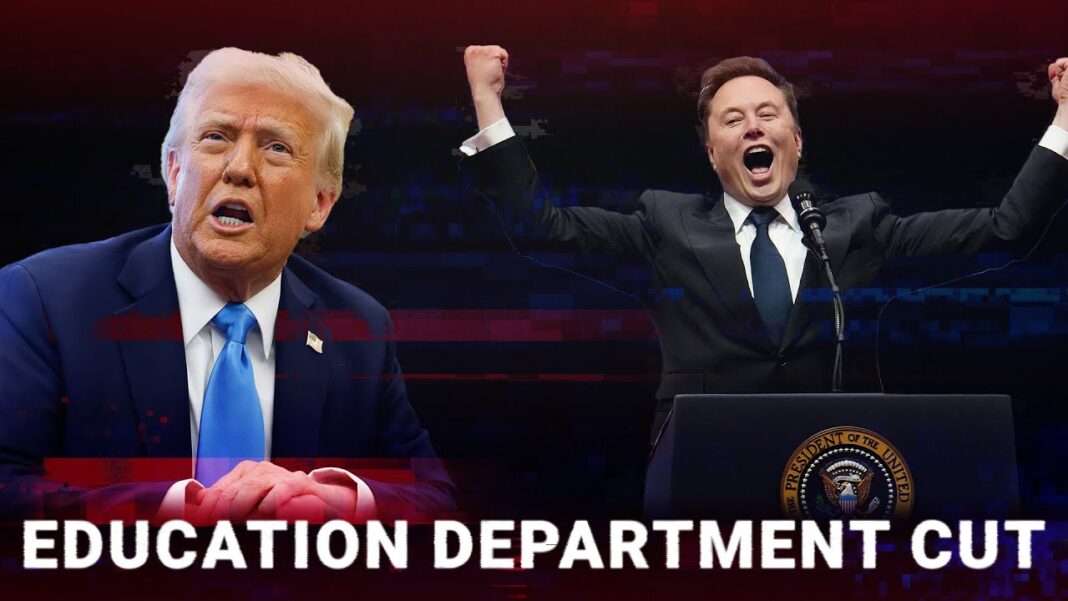Maryland is facing major economic and political shifts due to federal policy changes. Governor Wes Moore recently addressed the state’s concerns in a speech, highlighting the impact on workers, businesses, and education. With over 160,000 federal employees residing in Maryland, the state’s economy is deeply intertwined with Washington’s decisions. The potential elimination of federal departments and rapid executive orders have created uncertainty.
Federal Workforce in Maryland: Jobs on the Line
The federal government employs a significant portion of Maryland’s workforce. Recent buyout offers, some of which may be legally questionable, have put thousands of jobs at risk. These sudden shifts are creating uncertainty among federal employees and contractors. Many of them are unsure about the legitimacy of these offers, as Congress must approve such measures. The governor stressed that workers should verify all details before making career-altering decisions.
The Impact on Maryland’s Economy
Mass layoffs or department closures could lead to severe economic consequences. Baltimore and other regions in Maryland heavily rely on federal funding. Reduced employment in the public sector would affect local businesses, real estate markets, and overall consumer spending. The state’s leadership is working on mitigation strategies, but the unpredictable nature of federal decisions makes planning difficult.
The Role of the Department of Education
Education funding is another major concern. While education policies are largely determined by states, federal support plays a critical role. Funding assistance, research programs, and nationwide best practices originate from the Department of Education. Eliminating or reducing its functions could impact school programs, teacher training, and college preparation. Maryland is already planning investments in public education, but the state may need additional resources if federal cuts take place.
Baltimore’s Legal Challenge Against Federal Actions
The city of Baltimore has filed a lawsuit against the federal government, contesting efforts to dismantle key agencies. Critics argue that these changes are politically driven rather than economically justified. Some believe this is part of a broader strategy to reduce federal influence, potentially leaving states without necessary support. Governor Moore emphasized the importance of governance that is transparent, efficient, and beneficial to residents.
Infrastructure and Public Services Under Threat
Federal agencies contribute to Maryland’s infrastructure projects and public services. The recent bridge collapse incident in Baltimore brought attention to structural weaknesses that require federal support. However, political rhetoric surrounding the incident has sparked controversy. The governor dismissed distractions and reaffirmed his focus on improving state infrastructure through strategic planning and investment.
A Call for Stability and Partnership
Governor Moore stressed the need for consistency and predictability in federal-state relations. Maryland’s leadership seeks collaboration rather than abrupt policy changes. Stability is necessary for businesses, workers, and families to plan their futures. Without clear communication from federal agencies, states like Maryland must prepare for potential economic turbulence.
Looking Ahead: What’s Next for Maryland?
The future of Maryland depends on how federal policies evolve in the coming months. If large-scale layoffs continue, the state may need emergency measures to support affected workers. Educational institutions might require alternative funding sources to compensate for federal cutbacks. The legal battle between Baltimore and the federal government could set precedents for other states facing similar challenges.
A key question remains: Will Maryland’s proactive measures be enough to shield its economy from instability? Businesses and policymakers must anticipate potential shifts and adapt accordingly. Residents should stay informed and engaged in policy discussions that shape their livelihoods.
Disclaimer:
This article is for informational purposes only and does not constitute legal, financial, or political advice. Readers should seek professional guidance for specific concerns regarding employment, government policies, or legal matters.
Alex Murphy is an investigative journalist who specializes in uncovering emerging business trends and technologies shaping the future.




